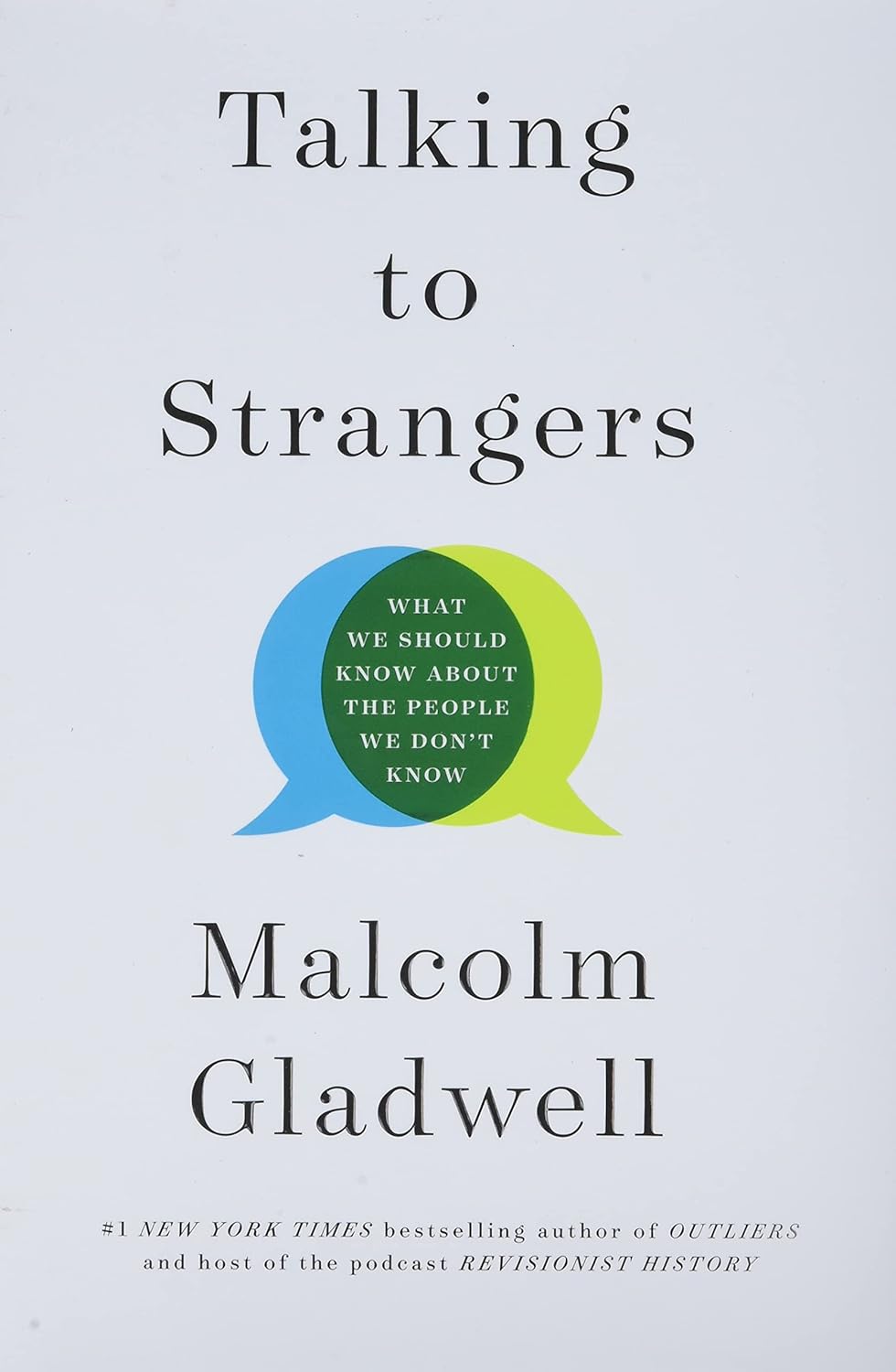 My intuition told me this book would be a practical guide, filled with tips and examples, aimed at people who struggle to initiate conversations with others. However, it’s not. Instead, the book uncovers a few fundamental yet eye-opening misconceptions and mechanisms within human behavior that hinder our ability to understand others.
My intuition told me this book would be a practical guide, filled with tips and examples, aimed at people who struggle to initiate conversations with others. However, it’s not. Instead, the book uncovers a few fundamental yet eye-opening misconceptions and mechanisms within human behavior that hinder our ability to understand others.
For example, the idea of transparency. We tend to think that people are open and willing to expose their current state of mind. But, for one, our brain isn’t really good at recording details, and for two, due to current circumstances or substance influence, as author explains on an example of People vs. Turner case. This case highlights the influence of alcohol effect. People’s perceptions of events become shortsighted, and there are significant differences in how men and women experience these effects.
Personally, the concept of defaulting to truth has been the most valuable lesson I’ve learned. From an evolutionary perspective, it was often safer for people to believe what others said at first, as verifying information could be both risky and unrewarding. For example, if someone warned, “There’s a lion in the forest, don’t go there,” you wouldn’t want to risk your life to check if it was true or not. That’s why people like Harry Markopolos, who uncovered the Madoff investment scandal, are in the minority. In his 2009 interview on 60 Minutes, available on YouTube, Markopolos explained how he used mathematical modeling to prove that Madoff’s returns were highly improbable. He also wrote 5 separate submissions to SEC, warning them of the fraud years before it happened.
Noticable Quotes:
… talent is evenly distributed, opportunity is not.
Gladwell, Malcolm. Talking to Strangers : What We Should Know about the People We Don’t Know. Little Brown & Company, 2019, p. 3.
Character is more than just having principles. It’s a learned capacity to live by your principles.
Gladwell, Malcolm. Talking to Strangers : What We Should Know about the People We Don’t Know. Little Brown & Company, 2019, p. 11.
Character is often confused with personality, but they’re not the same.
Gladwell, Malcolm. Talking to Strangers : What We Should Know about the People We Don’t Know. Little Brown & Company, 2019, p. 20.
Personality is your predisposition-your basic instincts for how to think, feel, and act. Character is your capacity to prioritize your values over your instincts.